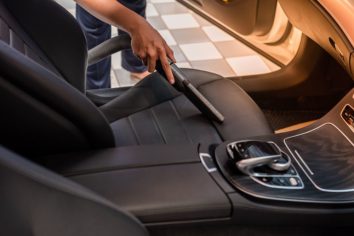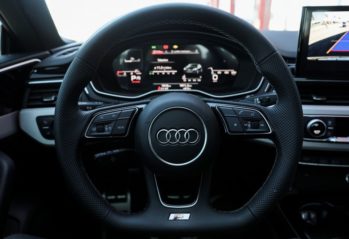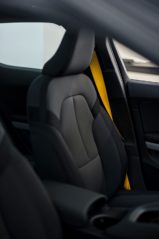VW Hybrid: The Future of Green Driving
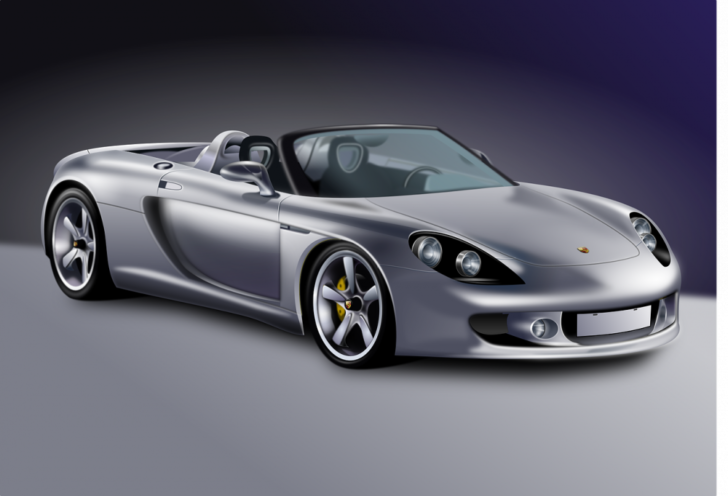
Introduction:
VW Hybrid, also known as Volkswagen Hybrid, is a groundbreaking technology that combines the efficiency and eco-friendliness of electric power with the convenience and range of a traditional combustion engine. In this in-depth article, we will explore the key aspects of VW Hybrid, providing valuable insights for individuals interested in this innovative automotive technology.
The Evolution of VW Hybrid:
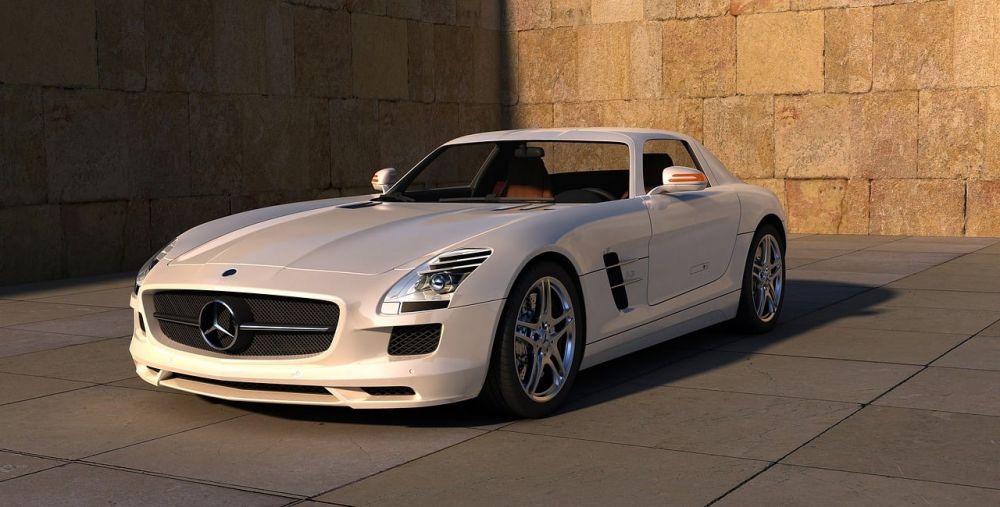
VW Hybrid technology has come a long way since its inception. The journey began with Volkswagen’s commitment to creating more sustainable and environmentally conscious vehicles. Over the years, VW has continuously refined and improved its hybrid offerings, keeping up with the ever-changing demands of the market and the evolving environmental regulations.
From the early prototypes to the latest models, VW Hybrid has undergone significant advancements. The first Volkswagen hybrid, the VW Jetta Hybrid, was introduced in 2013, marking an important milestone in the company’s pursuit of greener transportation. This initial offering showcased VW’s dedication to balancing performance, efficiency, and emissions reduction.
Since then, Volkswagen has expanded its hybrid lineup to include various models, such as the Golf GTE, Passat GTE, and Tiguan GTE. Each of these vehicles provides a unique driving experience, catering to different customer preferences and needs. Through extensive research and development, VW has successfully integrated hybrid technology into its popular models without compromising on quality, performance, or safety.
Features and Benefits:
VW Hybrid vehicles offer a multitude of features and benefits that make them an attractive choice for environmentally conscious individuals. Here are some key aspects worth considering:
1. Fuel Efficiency: VW Hybrid vehicles excel in fuel efficiency, primarily due to their ability to switch seamlessly between electricity and gasoline power. This hybrid system optimizes fuel consumption, allowing drivers to achieve impressive mileage numbers and reduce their carbon footprint.
2. Lower Emissions: By combining electric power with combustion engines, VW Hybrid vehicles significantly reduce harmful emissions, promoting cleaner air quality and environmental sustainability. This eco-friendly approach aligns with Volkswagen’s commitment to combat climate change and contribute to a greener future.
3. Driving Experience: VW Hybrid vehicles offer a smooth and quiet driving experience, thanks to the electric motor’s instant torque delivery. The seamless transition between electric and gasoline power ensures a consistent and comfortable ride, regardless of the driving conditions.
4. Charging and Range: VW Hybrid vehicles feature a rechargeable battery that can be charged from external power sources, such as home outlets or public charging stations. This flexibility allows drivers to top up their batteries conveniently and extend their electric driving range, reducing the reliance on gasoline.
5. Cost Savings: While VW Hybrid vehicles may have a higher upfront cost than their conventional counterparts, the potential long-term savings can be significant. With reduced fuel consumption and maintenance requirements, owners can expect to save on operating costs over time.
The Future of VW Hybrid:
As the automotive industry continues to evolve, VW Hybrid technology will play a crucial role in shaping the future of green driving. Volkswagen has set ambitious goals to electrify its entire lineup by 2030, with hybrid vehicles serving as a stepping stone towards full electrification.
VW envisions a future where hybrid technology becomes even more advanced, offering enhanced performance, longer electric range, and faster charging capabilities. By integrating cutting-edge innovations, such as regenerative braking, lightweight materials, and advanced energy management systems, Volkswagen aims to further enhance the efficiency and sustainability of its hybrid vehicles.
With the continuous improvement of battery technology and charging infrastructure, VW Hybrid vehicles will become even more accessible and convenient for a wider range of consumers. This accessibility, coupled with the growing awareness of environmental issues, will likely fuel the popularity and adoption of VW Hybrid vehicles in the coming years.
Conclusion:
VW Hybrid represents a significant milestone in Volkswagen’s commitment to sustainable mobility. By combining electric power with traditional combustion engines, VW offers a practical solution for individuals seeking a more eco-friendly mode of transportation without compromising on performance or convenience.
The evolution of VW Hybrid showcases a remarkable journey towards greener driving, with each iteration improving upon the previous one. The features and benefits of VW Hybrid make it an attractive choice for those looking to reduce their carbon footprint and contribute to a more sustainable future.
As Volkswagen continues to invest in hybrid technology, the future looks promising for VW Hybrid vehicles. By further refining and advancing hybrid systems, VW aims to pave the way towards a fully electric future, setting a new standard for green driving worldwide.
In conclusion, VW Hybrid is not just a car but a symbol of Volkswagen’s commitment to environmental responsibility. With its fuel efficiency, reduced emissions, smooth driving experience, and potential cost savings, VW Hybrid vehicles are revolutionizing the automotive industry. By combining sustainability with driving pleasure, Volkswagen offers a compelling choice for both car owners and enthusiasts who seek a greener and brighter future on the road.
FAQ
What is VW Hybrid?
What are the benefits of VW Hybrid vehicles?
What does the future hold for VW Hybrid?
Flere Nyheder
Rengøring bil i København: Få din bil til at skinne
Introduction: VW Hybrid, also known as Volkswagen Hybrid, is a groundbreaking technology that combines the efficiency and eco-friendliness of electric power with the convenience and range of a traditional combustion engine. In this in-depth article, ...
08 juni 2025
Køb ny bil: En omfattende guide til bilkøbet
Introduction: VW Hybrid, also known as Volkswagen Hybrid, is a groundbreaking technology that combines the efficiency and eco-friendliness of electric power with the convenience and range of a traditional combustion engine. In this in-depth article, ...
16 november 2024
Industrilakering i Frederikshavn: Kvalitet og Professionalisme
Introduction: VW Hybrid, also known as Volkswagen Hybrid, is a groundbreaking technology that combines the efficiency and eco-friendliness of electric power with the convenience and range of a traditional combustion engine. In this in-depth article, ...
13 september 2024
Polestar 4: Fremtidens Elektriske Køreglæde
Introduction: VW Hybrid, also known as Volkswagen Hybrid, is a groundbreaking technology that combines the efficiency and eco-friendliness of electric power with the convenience and range of a traditional combustion engine. In this in-depth article, ...
02 september 2024
